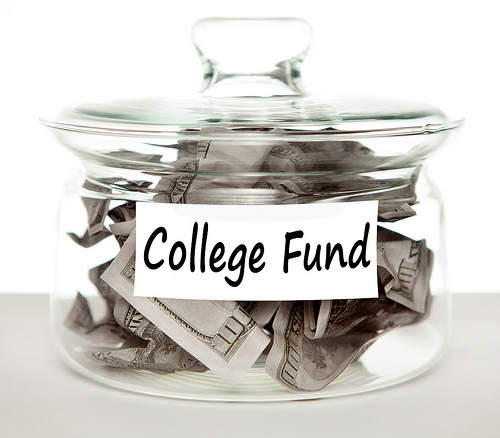When it comes to managing your debt, financial expert Dave Ramsey suggests that you always give your money a job. In other words, you need to tell your money where to go each month. If you’re struggling with keeping your family finances in line, here are three tips for budgeting your money so that your money always has a job.
1. Budget in Savings

What we mean by that is that in addition to allocating where each of your individual dollars goes toward paying down your debt, you should also allocate money for savings. A rainy-day fund with one month’s salary in it is insurance against unexpected small emergencies but six month’s salary will protect against a loss of job and provide much more freedom.
Not having an emergency fund just brings on more debt. People often pay for these mishaps with credit cards or payday loans. However, budgeting a certain amount in savings ensures that you always have money. It may take a while to build up, but eventually, you will feel great relief at having that cushion.
2. Know When It’s Wise to Consolidate Debt
Consolidating your debt can be a good idea under certain circumstances, though not all, so you need to be careful. First of all, you should only lump together debts with high interest rates. Don’t mix high and low interest rates, or you may wind up paying more interest in the long run.
Also make sure that you shop around for the right loan. Some traditional banks may charge more for a loan than other lending institutions. Loans from a credit union often have a lower interest rate, and the amount you can borrow can actually be quite high. For example, the NASA Credit Union allows borrowers to take out loans for up to $30K. If you have a large amount of unsecured debt with high interest rates, a loan like this could help you. But don’t consolidate and then start racking up more credit card debt or you will end up worse than you started.
Bring in Extra Money
For most people, their income is the primary source of money, but if you want to pay down debt and secure your family finances, you may need a second source of money. Part-time jobs and yard sales are just some of the ways you can get more cash to pay toward debt.
Additionally, you need to make getting out of debt your first priority. To do that, you need to know who you owe money to and how much each payment is supposed to be, according to Credit.com.
Once you know who you owe, plan on doing two things with the extra money you bring in: 1) Pay at least the minimum amounts on all your monthly debts and 2) pay extra toward the smallest debt until it’s paid off. Once it’s paid in full, take the next highest amount and do the same thing. This gives you an emotional boost to debts being paid off and allows you to take all the money that was going toward the first debt and put it toward the second so you can see the progress.
Final Thoughts
Debt can really destroy a family’s budget. If you want your family’s finances to remain strong in the coming years, you need to make a concerted effort to pay off debt and to put money in savings. If you have terribly high interest rates, debt consolidation can help.
However, if you go this route, never mix interest rates. Only put the highest interest rates into the consolidation loan and then find a financial institution offering personal loans at a lower rate to pay those debts off.


